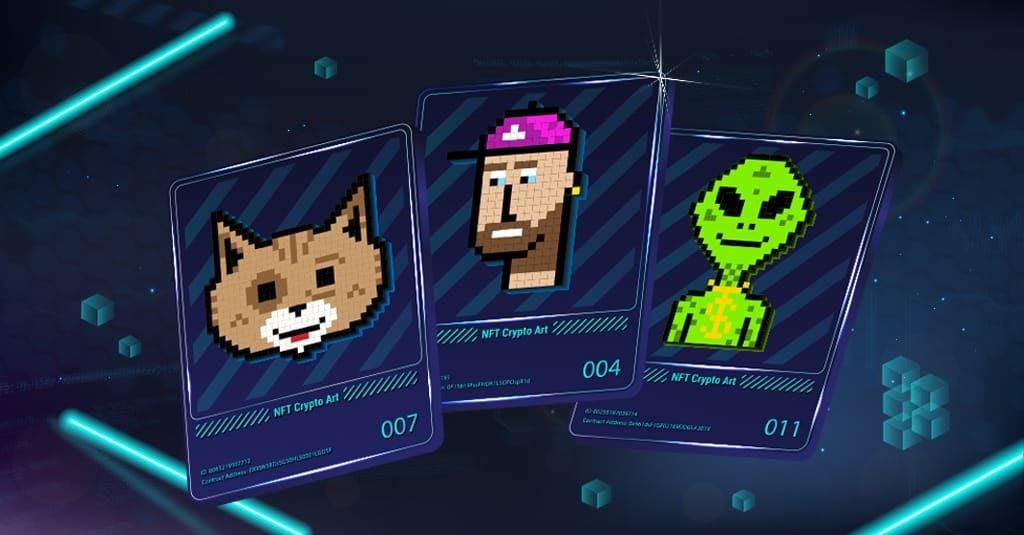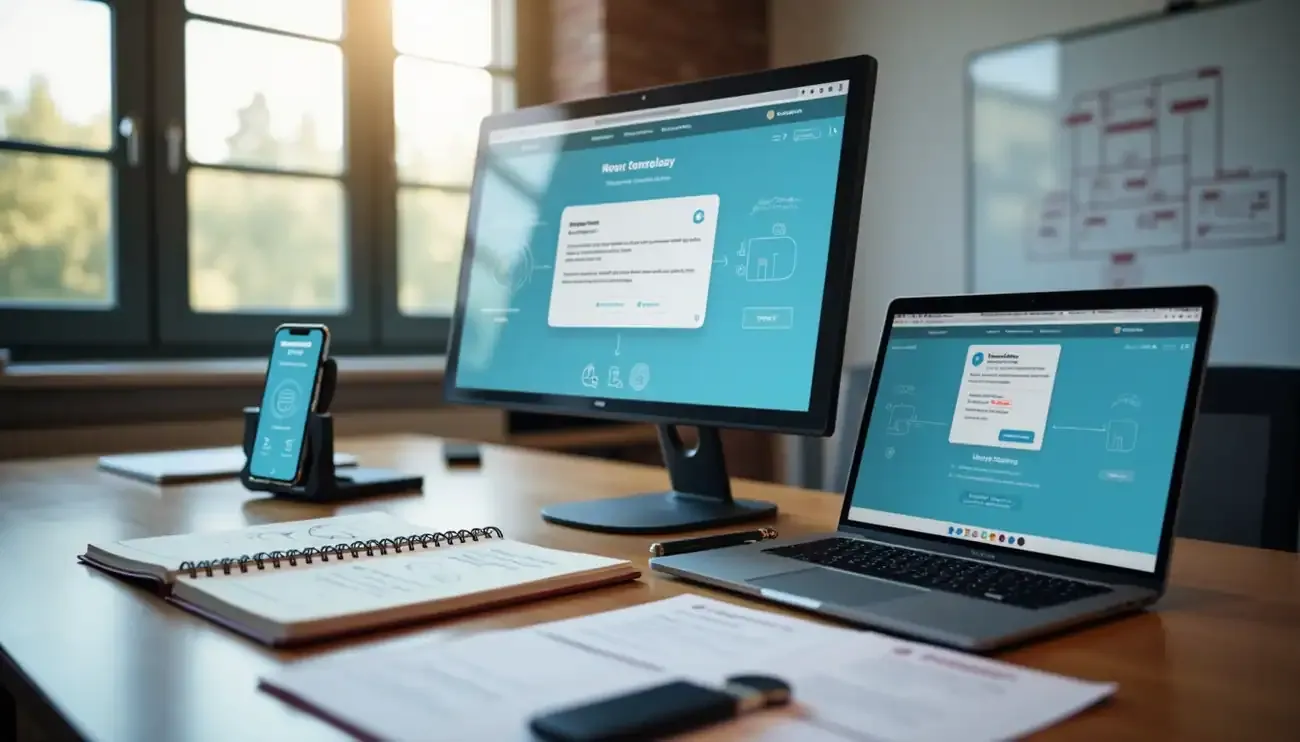
Blockchain isn’t just about speculating on $BTC and $ETH. Innovative companies use blockchain technology to improve their supply chains by reducing reconciliation pain, improving track and trace analysis, and increasing real-time data visibility. By leveraging blockchains and zero-knowledge proofs, companies can more closely collaborate on complex business processes with lower operational costs and confidentiality of sensitive business data.
Here are some companies at the forefront of blockchain supply chain innovation and three keys to success.
De Beers: Tracr™
De Beers launched Tracr™ as an R&D project in 2018 and won two awards for their work in 2020 and 2022.
Tracr™ is the world’s only distributed diamond blockchain that starts at the source. Tracr™ provides tamper-proof source assurance at scale, enabling our ‘Sightholder’ rough diamond customers to provide an immutable record of a diamond’s provenance and empowering jewelry retailers to have confidence in the origin of the diamonds they purchase.
Blockchain-based solutions introduce new concepts and solution architectures to development teams.
Key #1: Take a similar approach as DeBeers by starting your efforts as R&D projects.
Renault: XCEED™
Groupe Renault started work on blockchain technology in 2015, successfully tested their work at a plant in Douai in 2019, and is now embarking on a new blockchain solution for the certification of vehicle compliance in several Renault plants across Europe.
XCEED™ for eXtended Compliance End-to-End Distributed certifies the conformity of vehicle components from design to production by creating a trusted network for sharing compliance information between parts manufacturers throughout the supply chain to vehicle manufacturers.
Blockchains enable a trustworthy, distributed, standardized approach to information sharing.
Key #2: Focus on improved information sharing and consider leveraging standardization efforts already underway like the Baseline Protocol.
Walmart
Walmart Canada saw invoice discrepancies drop from 70% to 1% after implementing a blockchain solution to easily flag and resolve issues. Consequently, their 70 third-party freight carriers saw a vast improvement in payment timeliness. Walmart Canada delivers more than 500,000 shipments annually and needs to track over 200 data points in these invoices—a significant amount to track and verify.
An analysis identified the root cause of the problem: the use of multiple information systems between Walmart Canada and its carriers that could not talk to each other. Consequently, reconciliation had to be performed manually—a labor-intensive, time-consuming process riddled with inconsistencies.
Walmart partnered with one of these 70 freight carriers in a pilot program to test the effectiveness of a blockchain solution in reducing data silos that could not talk to each other.
Key #3: Find a trusted partner to collaborate with in these early pilot R&D efforts.
There’s tremendous business value to be unlocked with blockchain technologies in supply chain innovation. Have a question about how to get started? Reach out to me via video at https://talk.volley.app/joelreed or via email at [email protected].









